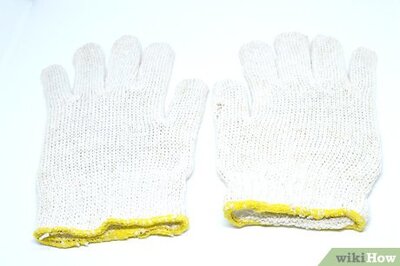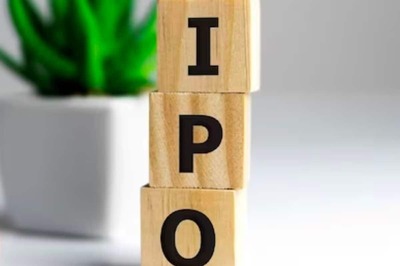
views
London: 'We've got it, we're keeping it' - this was the essence of the British government's attitude in responding to Pakistan's request for the return of the fabled Koh-i-noor diamond 30 years ago, according to confidential papers released on Friday.
Then Pakistan prime minister, Zulfikar Ali Bhutto, had sought the return of the diamond, which was part of the Crown Jewels.
The British Foreign Office set out its position concisely:
''The stark facts are these: i) We have the Koh-i-noor diamond, whether or not our possession of it is legally justified, ii) We have made it clear that we are keeping the diamond, adducing the best arguments to support our contention.''
Bhutto disclosed his correspondence with then prime minister James Callaghan about the diamond in 1976. The newly released papers shed further light on the British government's position.
The Koh-i-noor, or ''mountain of light,'' diamond, weighing 105.6 carats, is one of the world's most famous. It is now part of a crown made for the late Queen Mother Elizabeth.
The diamond's history is murky, but in the 18th century it was known to be in the hands of Ahmad Shah, who founded the Durrani dynasty in Afghanistan. One of his descendants, Shah Shoja, had the stone when he became a fugitive in India, and he was forced to hand it over to the Sikh ruler, Ranjit Singh.
Britain got the diamond following the annexation of the Punjab, and the stone became part of the crown jewels. Then weighing 191 carts, it was re-cut in London in 1852.
In a letter to prime minister James Callaghan dated August 13, 1976, Bhutto noted that the nation's Independence Day was approaching, and that it brought to mind ''Pakistan's historic grievances about the disposition of territories and assets to which we were entitled upon the termination of British rule in India.''
Handing over the diamond, Bhutto said, ''would be a convincing demonstration of the spirit that moved Britain voluntarily to shed its imperial encumbrances and lead the process of decolonization.''
Diplomats advised Callaghan that Britain had ''as good a legal title to the diamond as a treaty can give us,'' and that Pakistan was not the only potential claimant.
''I need not remind you of the various hands through which the stone has passed over the past two centuries, nor that explicit provision for its transfer to the British Crown was made in the peace treaty with the Maharajah of Lahore which concluded the war of 1849,'' Callaghan wrote to Bhutto.
''In the light of the confused past history of the Koh-i-noor diamond, the clear British title to it and the multiplicity of claims which would undoubtedly be made to it if its future were ever thought to be in doubt, I could not advise Her Majesty the Queen that it should be surrendered to any other country,'' Callaghan added.




















Comments
0 comment